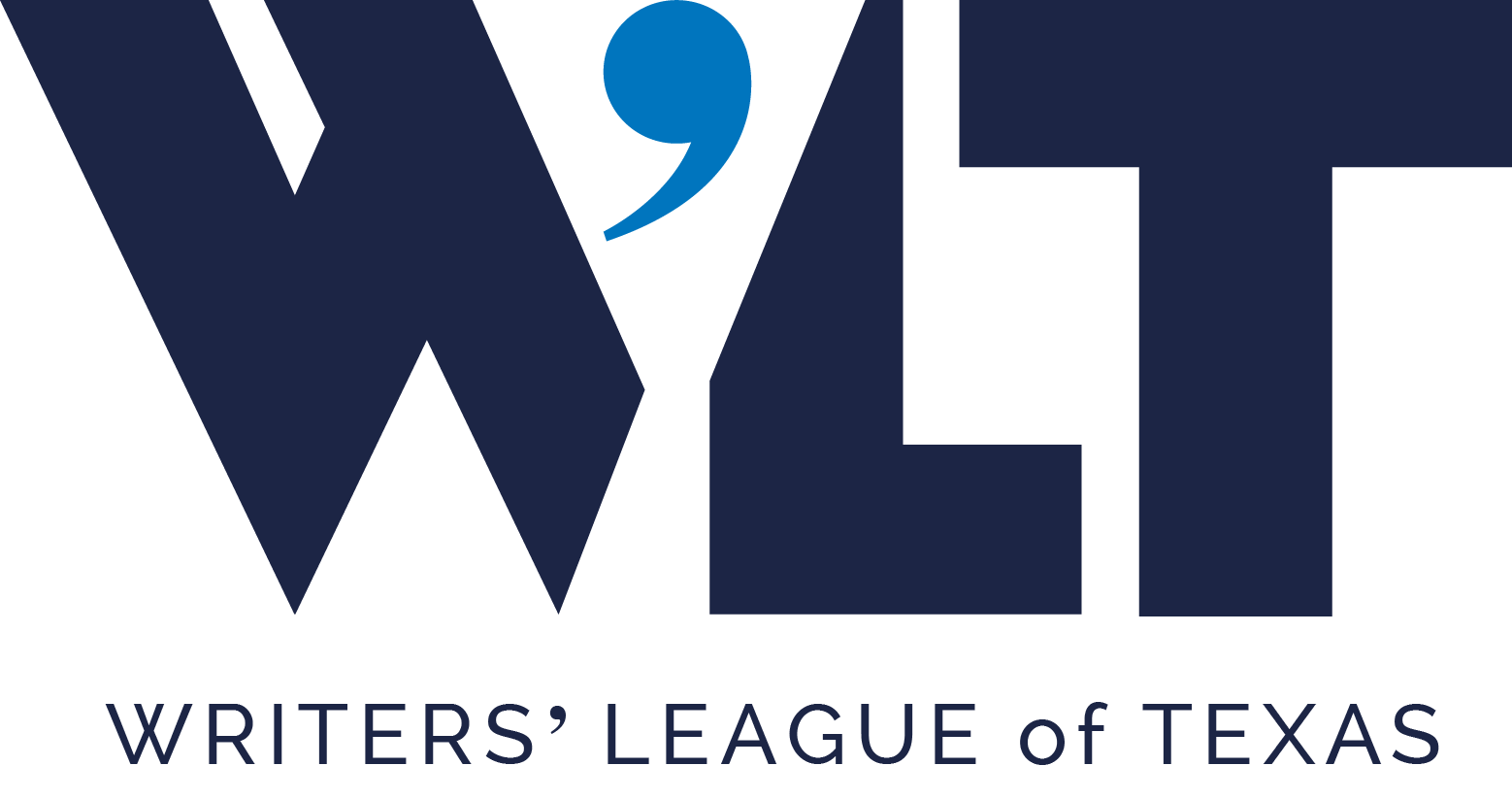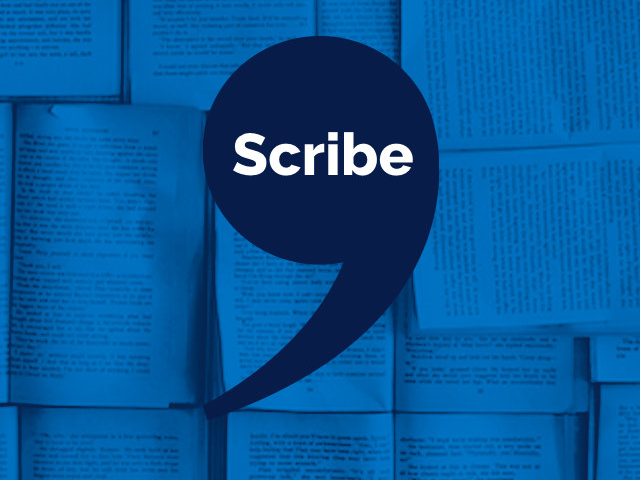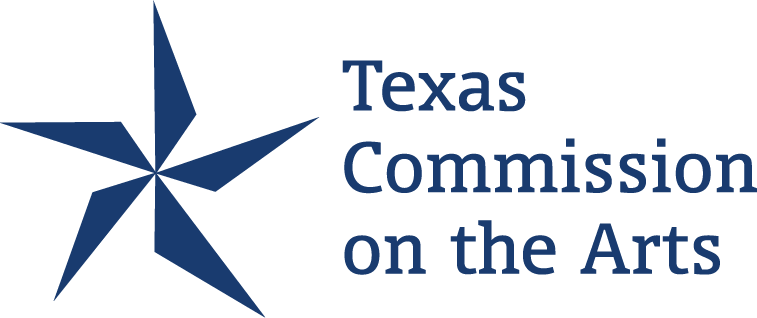“Independent booksellers, publishers, and magazines provide a way for the public to discover literature and local communities so that they can be part of a bigger dialogue on culture and art.”
-Matthew Limpede
In conjunction with Texas Independence Day, we’re partnering with some of the state’s greatest Independents to host a series of free and open events across the state throughout the month of March.
These panel discussions will focus on the great opportunities for writers and readers that Texas has to offer, from independent presses, to journals, to bookstores, and beyond, while also answering writers’ burning questions about the publishing process, submitting to presses and journals, catching the eye of an editor, and more.
Our discussion in Dallas will be held at Deep Vellum Books on Thursday, March 23, at 7 pm (details and address here). We’ll be speaking with four distinguished panelists. We recently interviewed two of them about the literary landscape in Texas: Karen J. DeVinney, assistant director and managing editor at University of North Texas Press, and Matthew Limpede, executive editor of Carve magazine.
Scribe: Can you share a few thoughts with us about the Texas literary landscape — what makes it unique, and what opportunities can be found here for writers, readers, publishers, and booksellers?
 Matthew Limpede: Like many things in Texas, so much of what makes us unique is our outsized (or perhaps “Texas-sized”) identity. Our literary landscape is shaped by our pride in being Texan, and in taking that Texan perspective to the world while also inviting others to experience it. There are a lot of opportunities here. We have some stellar MFA programs, and there are literary communities growing and thriving in both urban and rural areas. There are conferences and festivals, both big and small, for nearly every type of genre (romance, teen, literary, you name it). Independent bookstores are also valuable community anchors in Houston, Austin, Dallas, and other cities.
Matthew Limpede: Like many things in Texas, so much of what makes us unique is our outsized (or perhaps “Texas-sized”) identity. Our literary landscape is shaped by our pride in being Texan, and in taking that Texan perspective to the world while also inviting others to experience it. There are a lot of opportunities here. We have some stellar MFA programs, and there are literary communities growing and thriving in both urban and rural areas. There are conferences and festivals, both big and small, for nearly every type of genre (romance, teen, literary, you name it). Independent bookstores are also valuable community anchors in Houston, Austin, Dallas, and other cities.
 Karen J. DeVinney: This is a tricky question because of the enormous changes in the cultural landscape of Texas over the last twenty-some years. The stereotype of the cowboy and oil baron has been replaced by a more urban, cosmopolitan profile. Books about the Wild West do not claim the same market that they used to and have been replaced by Spanish-language books or book with non-European emphases. We still publish a lot of Texas Ranger history, but it’s not selling that strongly compared to books that could have come out of any state — such as titles on jazz music, for instance.
Karen J. DeVinney: This is a tricky question because of the enormous changes in the cultural landscape of Texas over the last twenty-some years. The stereotype of the cowboy and oil baron has been replaced by a more urban, cosmopolitan profile. Books about the Wild West do not claim the same market that they used to and have been replaced by Spanish-language books or book with non-European emphases. We still publish a lot of Texas Ranger history, but it’s not selling that strongly compared to books that could have come out of any state — such as titles on jazz music, for instance.
Scribe: What do you see as the role of independents in Texas’s literary community (publishers, journals, booksellers) and what do you find most rewarding about the work you do at Carve?
ML: I think independents’ role is to be a point of access for the public. While academic institutions are an invaluable and indispensable part of the culture of literature, not everyone is able to access or participate in that. So independent booksellers, publishers, and magazines provide a way for the public to discover literature and local communities so that they can be part of a bigger dialogue on culture and art. What I find most rewarding about Carve is providing an opportunity for people to participate in a community that they’re proud of and excited to be in. Most of Carve is run by volunteers, and they wouldn’t be providing their time and energy without it giving something back to them in return. I’m happy to facilitate that exchange however I can.
KJD: Independents are more nimble; they can pick up books on narrower topics that appeal to a narrower market; they can provide more personalized experiences. My favorite part of working for a small university press is the close relationships I can form with my authors. If I’ve acquired a book, then when it comes time to edit it, I’ve already had a 6-month-long relationship with the author. Tasks at a large commercial press can often be much more siloed, and the manuscript editors rarely get to know their authors like the acquisitions folks do. And the acquisitions folks rarely stay in contact with their authors through editorial.
Scribe: Tell us a bit about a program or event that you have upcoming that exemplifies the spirit of being independent in Texas.
ML: I’m always excited about our Raymond Carver Short Story Contest, which is open April 1 – May 15. We offer five prizes totaling $2500, and all winners are read by three literary agents. A little-known fact about Raymond Carver: he met Tess Gallagher at the SMU Writer’s Conference. So Texas is embedded in the story of Carver’s life in a very wonderful way, and we’re proud to honor him as our magazine’s namesake.
KJD: A book of photographs by four generations of a Texas family is a good example of something a larger press would probably not take on, but we were able to. And even though there’s a Texas angle to it, it has received a lot of attention worldwide. You can find more info here.
—
Thanks, Karen and Matthew! Also included in this Dallas panel discussion will be Will Evans of Cinestate (read an interview with him here) and Madeline Smoot of CBAY Books. Visit our website for additional cities and dates where we’ll be Celebrating Texas Independents throughout the month of March.
Are you a Texas independent (publisher, journal, bookstore, etc.) interested in participating in a future event and/or learning about other opportunities for partnership and promotion? We’d love to hear from you. Email us at wlt@writersleague.org.










